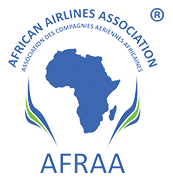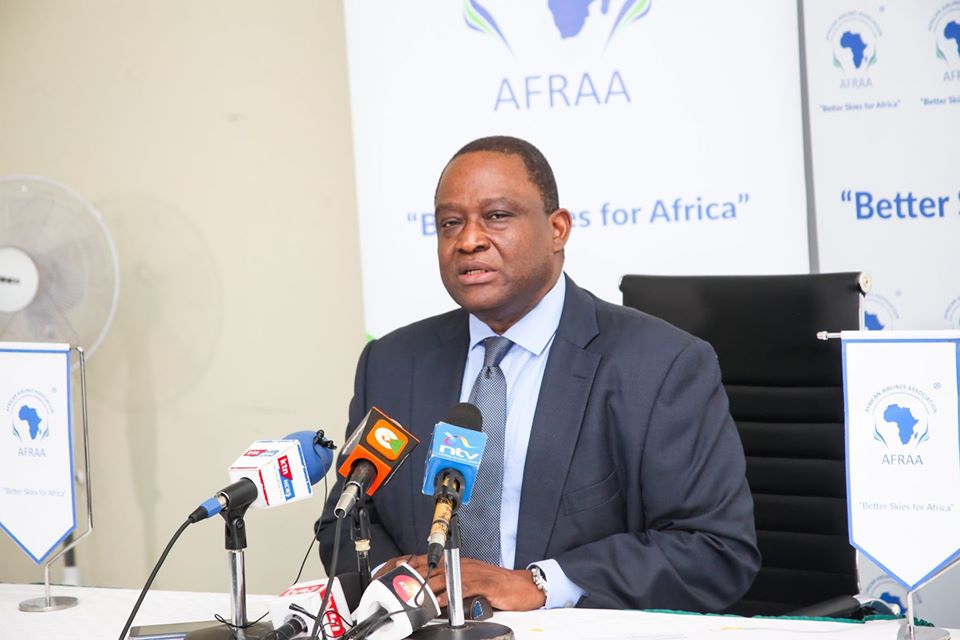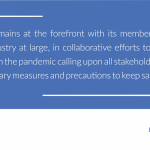The African Airlines Association (AFRAA) held an interactive media roundtable in Nairobi, Kenya where they convened to discuss the aviation industry in #Africa.
AFRAA has urged stakeholders to work together to support African airlines achieve profitability and sustainable operations for development of air travel on the continent. In a session convened to discuss the aviation industry in Africa, key insights were provided on a number of industry matters including the financial position of airlines, connectivity, growth prospects for the sector and the impact of the Coronavirus on air travel. Africa is projected to be one of the fastest-growing markets – accounting for 334 million passengers by 2037.
Globally, the aviation industry is recording profits while Africa is still considered the weakest region as losses have been registered yearly since 2010. Explaining the situation, AFRAA’s Secretary General Mr. Abdérahmane Berthé noted: “African
airlines are facing many challenges such as high cost of operations due to high taxes and charges imposed by governments, poor market access, blocked funds and overpriced jet fuel just to name a few. These conditions mean most airlines are unable to grow and offer competitive fares for more people to travel.”
Another issue highlighted in the presentation is the shrinking of African airlines’ intercontinental market shares pointing to the marginalization of African airlines in the international scene. From 40% in the nineties, African Operators’ market share has now dropped to 20% on average of which the top 5 African Airlines account for more than 50%. Commenting on these issues, Mr. Berthé said: “To achieve better skies for African airlines and citizens, regulators need to closely engage with aviation stakeholders in order to establish and maintain a conducive environment for air transport growth; airlines on their side need to cooperate more so the industry can advance and contribute significantly to national economies.”
AFRAA’s membership comprises all the major intercontinental African operators, representing over 85% of total international traffic. It was indicated that the continental association has set up Task Forces and Steering Committees to address key areas of interest to African airlines such as resource sharing among airlines on the use of training centres and experienced trainers in the continent, maintenance and pooling of resources, the enhancement of intra-African connectivity, among others. These forums among others serve as strategic vehicles to address members’ common interests, collectively tackle challenges and adopt industry best practices.



